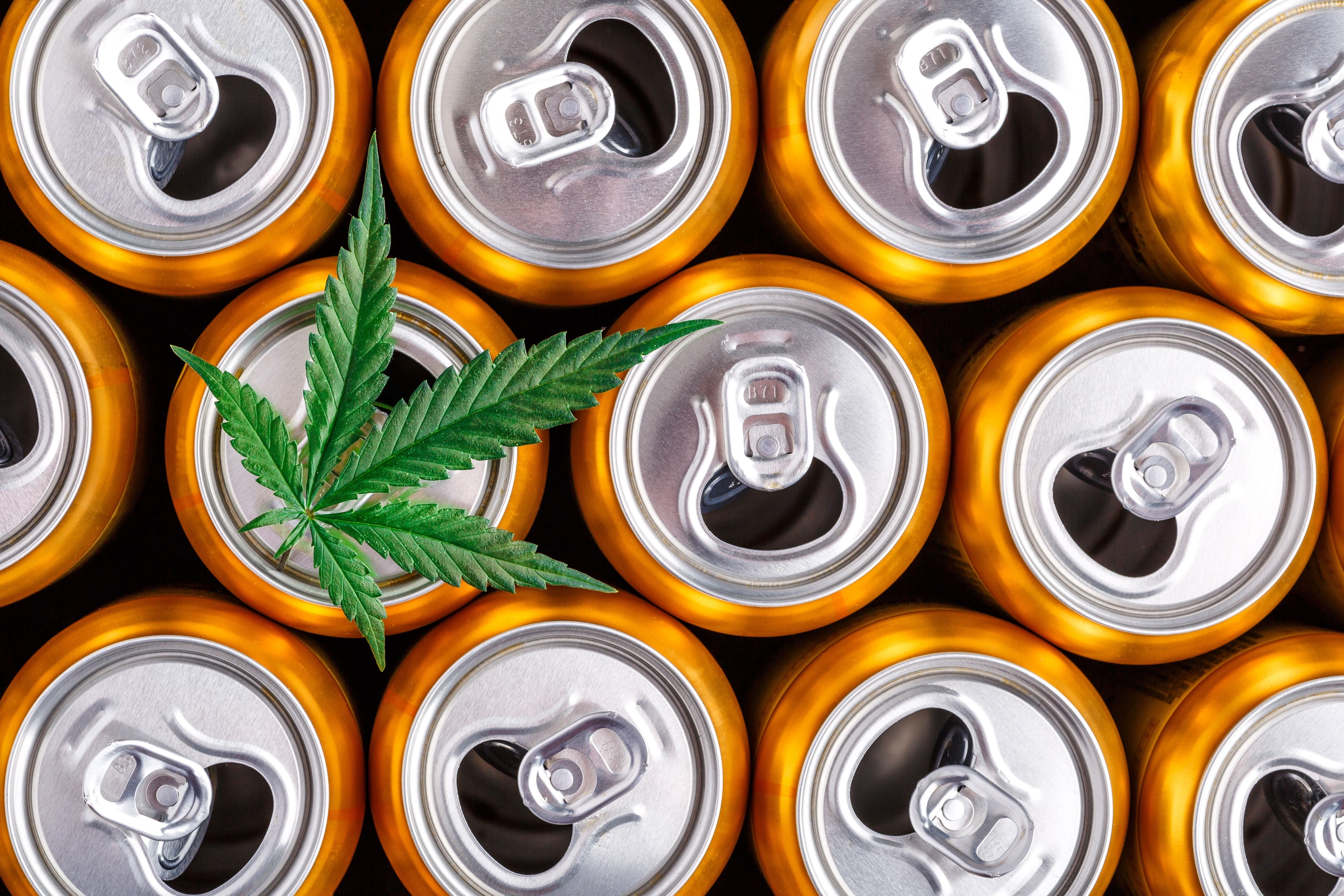
Last August, the U.S. Drug Enforcement Administration (DEA) released an Interim Final Rule for hemp. It is a different set of regulations from the Interim Final Rule and Final Rule released by the United States Department of Agriculture (USDA). This difference is reportedly causing some confusion in the hemp industry, and two legislators have recently voiced concerns over what they suggest is a DEA overreach.
Two U.S. House committee chairmen recently sent a letter to U.S. Attorney General Merrick Garland and Department of Agriculture Secretary Thomas Vilsack. In the letter, the chairmen expressed their “concern over the serious unintended consequences that could arise from the [DEA’s] Interim Final Rule.”
The chairmen also urged the DEA and USDA to work with hemp industry stakeholders to “resolve concerns with the DEA’s regulations.” House Agriculture Committee Chairman David Scott and House Appropriations Subcommittee on Agriculture Chairman Sanford Bishop signed the letter, which was sent on March 29.
What is the problem with the DEA’s Interim Final Rule for hemp?
According to Marijuana Moment, the DEA claims that its proposed regulations were intended to make its procedures compliant with federal law. However, the article indicates that many hemp industry professionals feel that the purpose of the DEA’s regulations was actually to empower the agency to take enforcement actions in the newly legal hemp industry.
One specific concern revolves around the belief that the DEA’s proposed regulations would criminalize certain unfinished hemp products.
The 2018 Farm Bill defines hemp as cannabis plants that contain no more than 0.3 percent Delta-9-THC. However, the industry is reportedly concerned that the DEA’s rule could allow the agency to take enforcement action during a stage in the manufacturing process for extracts when the hemp-derived product temporarily exceeds that limit. These unfinished extracts may temporarily exceed the limit even though they are being made from legally compliant hemp and being made into legally compliant finished products.
How did Congress intend for hemp to be regulated?
The letter sent on behalf of Scott and Bishop suggests that these proposed regulations are not in agreement with the intentions Congress had when it passed the 2018 Farm Bill. The letter clarifies that Congress intended for the USDA to be the entity that controls hemp regulations — not the DEA.
“When Congress passed the 2018 Farm Bill, it was our intent to vest primary regulatory authority over the production of hemp with the USDA,” the letter states. “Congress did not intend the 2018 Farm Bill to criminalize any stage of legal hemp processing, and we are concerned that hemp grown in compliance with a USDA-approved plan could receive undue scrutiny from the DEA as it is being processed into a legal consumer-facing product under this IFR.”
“In addition to the economic impacts, we are concerned that the lack of a uniform, risk appropriate Federal regulatory approach will stifle innovation, advancement, and product development in an industry poised for robust growth in the coming years,” the letter adds.
What will happen next?
The USDA issued its Final Rule on Hemp in January, and that set of regulations went into effect March 22 after a review by the Biden administration. The letter explains that the USDA’s review of hemp regulations makes this an appropriate time to make sure that there is consistency across federal agencies.
The letter also requests that the DEA and USDA meet with industry stakeholders to remedy the problem. It specifically asks for the entities to “resolve issues raised by the [DEA’s Interim Final Rule], and to clarify publicly that the USDA is the primary Federal agency in charge of regulating the transportation, processing, sale, or use of hemp and in-process hemp extract.”
“As leaders on agriculture policy in the U.S. House of Representatives, it is our underlying goal to ensure that Federal regulations concerning hemp are fair, easily understood, and consistent across agencies,” Scott and Bishop said in their letter. “We believe that stronger collaboration between USDA, DOJ, other Federal agencies, and hemp industry stakeholders could help alleviate many issues impacting our hemp producers.”
Source
[1] https://www.marijuanamoment.net/deas-proposed-hemp-rules-are-contrary-to-intent-of-congress-committee-chairs-say/







































